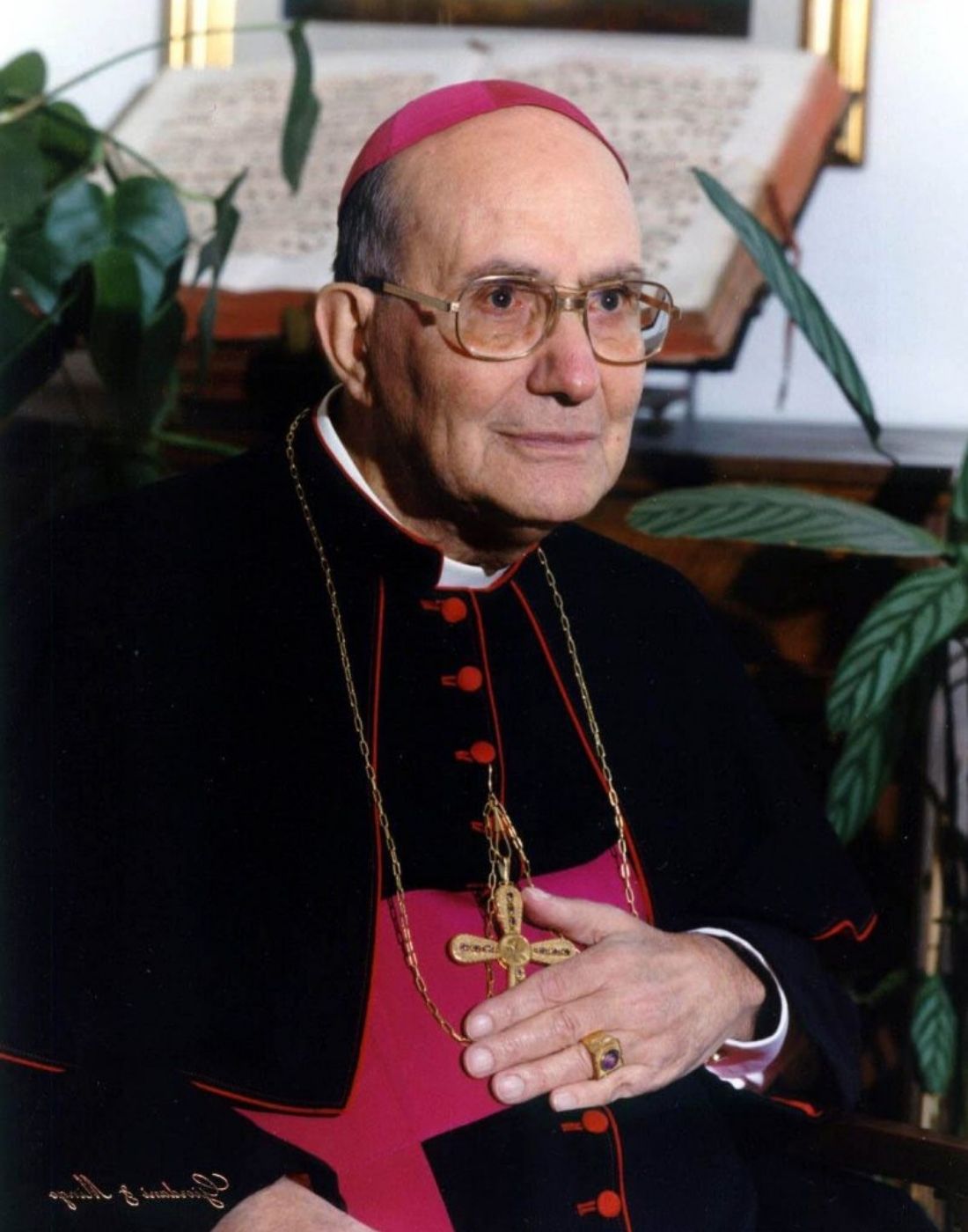Address
Apostolic Oblates
Manganam P.O.
Kottayam -686018, Kerala, India
Address
Apostolic Oblates
Manganam P.O.
Kottayam -686018, Kerala, India

Servant of God Bishop Guglielmo (William) Giaquinta (1914 – 1994)
Guglielmo Giaquinta was born in Noto, Italy on June 25,1914 to Gaetano Giaquinta and Maria Avolio. In 1927 Guglielmo entered St. Apollinare,the Minor Seminary in Rome and in 1933 he entered the Major Seminary in Rome. He was ordained as a priest on 18th March, 1939. He took his doctoral degree in Canon Law in 1947 from the Pontifical Juridical Institute. He did his services in the church as pastor, Judge, Promoter of Justice and Defender of the Bond in the Vicariate of Rome and Diocesan Spiritual Director of the Women’s Catholic Action. On August 11, 1961 he was appointed as Secretary of the Vicariate of Rome.
In 1947 Fr. Giaquinta started the Pro Sanctity Movement, an international movement which promotes “Universal Call to Holiness”. On May 1st 1950 he started the Institute of the Apostolic Oblates, a secular institute of consecrated women who promote the universal call to holiness mainly through the Pro Sanctity Movement. In 1962 he started the Apostolic Sodales, an institute of diocesan priests based on the spirituality of Cenacle, priestly brotherhood and holiness. In 1968 he founded the Social Animators, an association of lay men who commit themselves to the apostolate of social spirituality, social holiness and universal brotherhood. He was a prophet of holiness because even 20 years before the church recognized “universal call to holiness “as a doctrine in the 2nd Vatican Council he became the promoter of it. On November 1st 1968, the Solemnity of All Saints he was consecrated as bishop of the diocese of Tivoli, Rome. His motto was “Duc in Altum”. Apart from his ministries as founder and bishop he was a good preacher and wrote innumerable spiritual books. He dedicated his whole life for the apostolate of Holiness. Because of ill health he had been permitted to resign from his duties as the bishop of Tivoli in 1986. On June 15, 1994 Bishop Guglielmo Giaquinta died in Rome and in 2004 the church conferred on him the title, “servant of God”. His cause for beatification and canonization has been formally introduced.